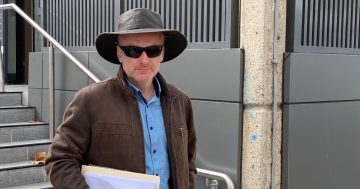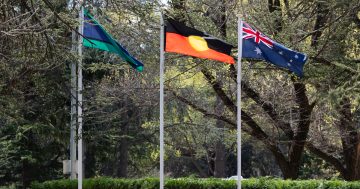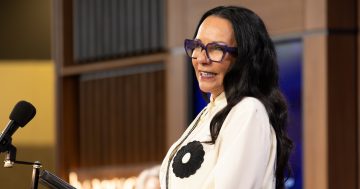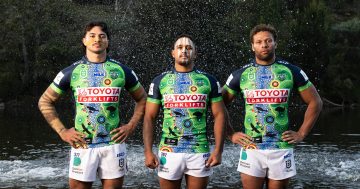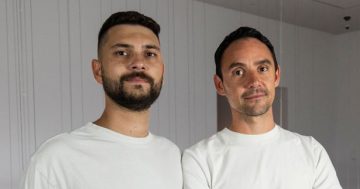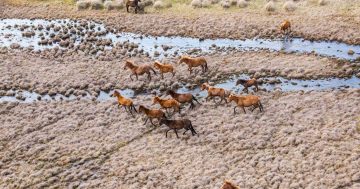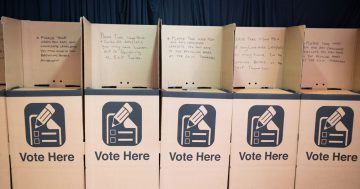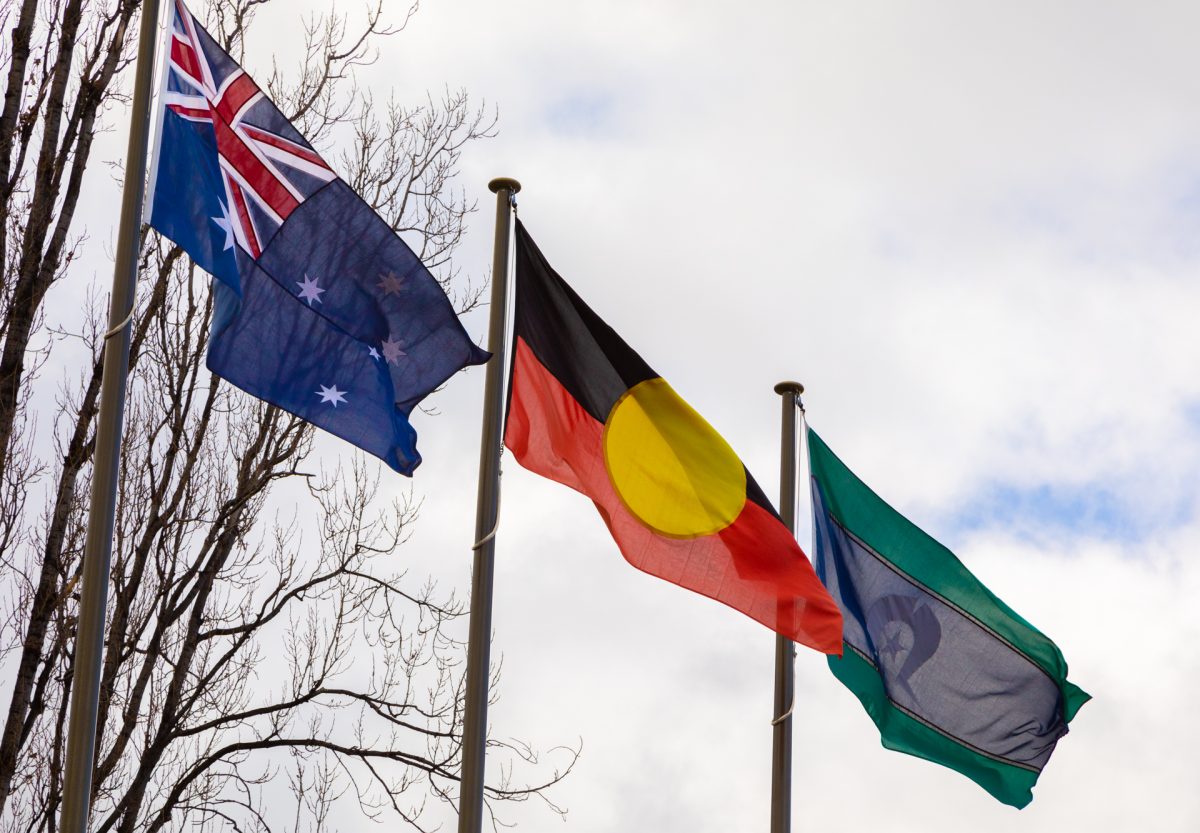
Australians have enrolled in record numbers for the Voice referendum. Photo: Michelle Kroll.
In 35 years as a journalist, I’ve never told anyone (even my children) how I vote.
I see it as my responsibility to be as fair – and critical – as I can towards politicians and to maintain strong relationships across party lines. I fundamentally believe in free speech and equality for all Australians and have strived throughout my career to give effect to those beliefs.
So I’m breaking the habit of a lifetime when I say that I’ll be voting Yes today for the Indigenous Voice to Parliament. But the issue is too important to remain silent.
I’m not an Indigenous person. I am a sixth-generation Irish Australian whose family arrived here in around 1802. That means we’ve been here for the whole history, good or ill, of interaction between First Nations people and European colonisers.
Like everyone in Australia, we have benefitted from lands taken from, in my case, the Wiradjuri people. The farm I grew up on has been in my family’s hands for 130 years. The farm I live on now was acquired by my husband’s family in 1842.
We love and nurture this land and I have no fear whatsoever of freehold property being reclaimed because of a non-binding advisory body’s existence. That’s arrant nonsense. The people advancing this and other absurd conspiracy claims about the Voice should be ashamed of their ignorance of basic Australian law.
But I didn’t come to my voting decision out of guilt or trying to make amends. I’m motivated by reconciliation, a sense of responsibility and a recognition that this is a divided nation that needs to heal.
I’m also a person of faith who believes in social justice and the equal dignity of all human beings – dignity that First Nations people have been denied for more than 200 years.
For generations, regional Australia operated effective, quiet apartheid. In hospitals and schools, on buses and in workplaces, Aboriginal Australians were prevented by racist laws from making the full contribution of their gifts and talents to the place they owned for 65,000 years.
Their families were broken, their land taken, their language suppressed and their beliefs derided.
And it’s not over: we didn’t treat Aboriginal people fairly or equally then, and we don’t do it now. All our fine democratic processes haven’t achieved that outcome, to the detriment of this nation’s first owners.
I want Australia to fix this.
I want my fellow Indigenous citizens to have their voices heard in a way future governments can’t duck. I want Parliament, representing us all equally, to listen and weigh their advice carefully before making laws about them. This is the Voice’s only function – to advise.
It will fall under the remit of the National Anti-Corruption Commission and will have a separate and independent ethics council to ensure transparency.
What is there to fear from this in Australia, one of the most effective, functional and fully engaged democracies in the world?
Around the world, representative advisory bodies exist for First Nations people. In New Zealand, Maori seats are reserved in parliament. Canada’s Inuit people have a Nunavut Parliament in their great northern ice-bound wilderness.
The Fijian parliament must consult the Council of Great Chiefs. In Taiwan, reserved seats for Indigenous peoples have existed since the 1970s and the current allocation of six seats was entrenched in the most recent round of constitutional amendments. Scandinavia’s Sami parliaments have functioned for many years.
Do we really think Canada, New Zealand, Finland and the rest are flawed democracies because their constitutions mandate asking First Nations people for their opinions before making laws about them?
I am deeply distressed by the angry politicisation of this debate by some on both sides. We have banned more people from the Region comments section in the past six months than the last five years, for aggressive, ugly, abusive, racist, derogatory attacks on others.
I am tired to my bones of seeing hatred about the Voice spew out every day on our comments pages and social media.
Australia, we are better than this.
When you vote today, do so thoughtfully and carefully and with your head as well as your heart. History is calling and I will be saying Yes on all counts.
Original Article published by Genevieve Jacobs on Riotact.







